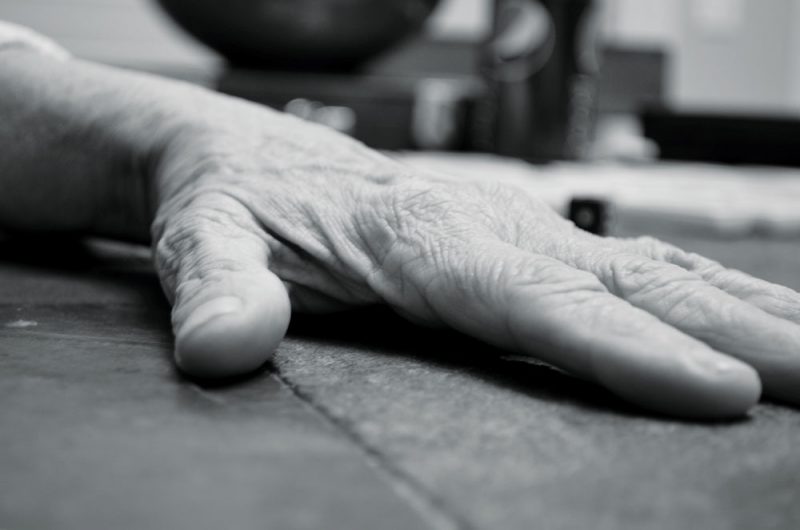Bullying is always a problem in schools but it comes in many forms. NoSheri Bauman and Adrienne Del Rio in 2006 stated in the Journal of Educational Psychology, Vol 98 that newer trainee teachers would punish relational bullying (ostracizing a student, ignoring them, etc.) less severely than more overt (verbal or physical) forms of bullying.
In fact, these studies have shown that obese children are more often the subject of peer torment. While these findings may serve as no surprise in the slightest to those with even remote familiarity with children, what is surprising is that obese children are bullied more often even if they have qualities that don’t normally attract bullies, such as having good social skills or doing well in school.
Julie Lumeng, M.D., a professor of pediatrics at the University of Michigan in Ann Arbor and lead author of the study said in an interview with CNN that it didn’t matter how good an overweight or obese child’s social skills were, they were still more likely to be bullied.
Junior Betsy Schlimme thinks that overweight and obese kids are more susceptible to bullying, especially when they’re younger.
“When kids are young, they nitpick everything that makes others different. I think that can stay with someone until they’re a teen,” Schlimme said. “Even if kids aren’t bullied in high school the bullying they go through as a child can still affect them and their self esteem.”
However, the assumption that overweight people’s weight problems are attributed to laziness, often part of their bullying, is being debunked. Researchers now think that genetics play a crucial role in whether fat is stored or used up as energy as people with higher Body Mass Index (BMI) often carry a variant of the fat mass and obesity-associated protein (FTO) which has been dubbed the ‘obesity gene.’ Its certain letter variations in the gene that has shown correlation with an increased risk of obesity in people.
Brain imaging done at University College London revealed that the FTO gene variation also changes the way the brain responds to ghrelin, the “hunger hormone,” and to images of food, in the regions linked with the control of eating and reward.
Now researchers at Harvard and MIT have discovered that the ‘obesity gene’ switches on two other genes which stop fat being burned up as heat- a process called thermogenesis.
While it may seem to some as if our genetics are against us, a new FDA approved drug, Saxenda has been called into question as a potential weight loss aid.
According to the FDA, Saxenda mimics a hormone made in the intestines called glucagon-like peptide (GLP-1), which tells the brain when the stomach is full and can prevent obese or overweight people from overeating.
Saxenda also helps beta cells, insulin producing cells, normalize blood sugars (blood glucose) by increasing insulin secretion, which helps rid your blood stream of excess blood sugar which would otherwise be turned into stored fat.
This weight loss drug is meant to be taken as a once daily injectable in accordance with a reduced calorie diet and increased physical activity regimen.
This drug, like the countless complaints against many other “weight loss drugs,” has raised concern among the health community about how helpful it actually is.
“It is not an impressive weight loss for an injectable and expensive medication with a lot of potential side events,” Medical director of the Obesity Program at Joslin Diabetes Center, Dr. Osama Hamdy said as reported to Kathleen Doheny on webmd.com. He claimed people also generally lose less weight outside of clinical trials.
“When it comes to weight loss the best thing a person can do is healthy diet and exercise,” dietitian Jennifer Polniak said. “Certain medication can certainly help but often times people rely on a pill they don’t need and expect magic to happen.”
However, some view this drug as an opportunity for obese people to start the weight loss process, not as an excuse.
“If this medicine is treating an underlying cause or aiding someone’s weight loss attempts, I think that’s a great thing. But you know, while you take the medication, there have to be lifestyle changes in there too. You have to figure out how your body processes things, so if the medication ends up not working out, than you have to have your healthy lifestyle choices to fall back on,” Tammy Adkins, school nurse, said. “If you’ve been gaining weight but won’t do the exercise to lose it, then that’s something you need to address.”
Adkins addresses a matter of hot debate within the health community about the cause for obesity. While most can agree that genetics and lifestyle habits contribute to obesity, the emphasis placed on each factor vary among experts as showcased earlier.
Adkins believes that it’s not only unhealthy lifestyle choices, but also peer influence, especially with teenagers, that contributes to obesity, are raised and the pressures they face in their life.
“I think peer group is a very difficult thing and that social pressures are very real. It’s not just bullying, but wanting to hang out with friends can be it,” Adkins said. “If everyone wants to go to Sonic after school and drink huge slushies, and you want to hang out with your friends, it takes a lot of willpower to stick to your diet.”
Recent studies like the Stanford Sports to Prevent Obesity Randomized Trial (SPORT), have found that interactive sports programs for obese children can be a healthy positive influence in their life and aid weight loss. SPORT designed a team sports program around this concept and found kids reported they not only had fun but their BMIs decreased.
However, school sports don’t exactly allow participation for everyone, especially in a high school as competitive as RBHS, which can leave obese kids trying to lose weight at a disadvantage.
“I know Rock Bridge has tried intramurals and that we have a few sports that are no cut, but in a town this size and where a lot of kids have been playing very specialized in their sport, it can be very hard to participate in school sports and have that easier access to exercise in an ideal environment,” Adkins said. “However, there are a lot of things within the city of Columbia to do. Our parks and recreation are very good at at setting up all types of leagues and games, but again those types of things usually start at a young age and can be tough to get into as you grow.”
Categories:
Obesity injections provide weight loss opportunities for students
October 26, 2015
0


















































































